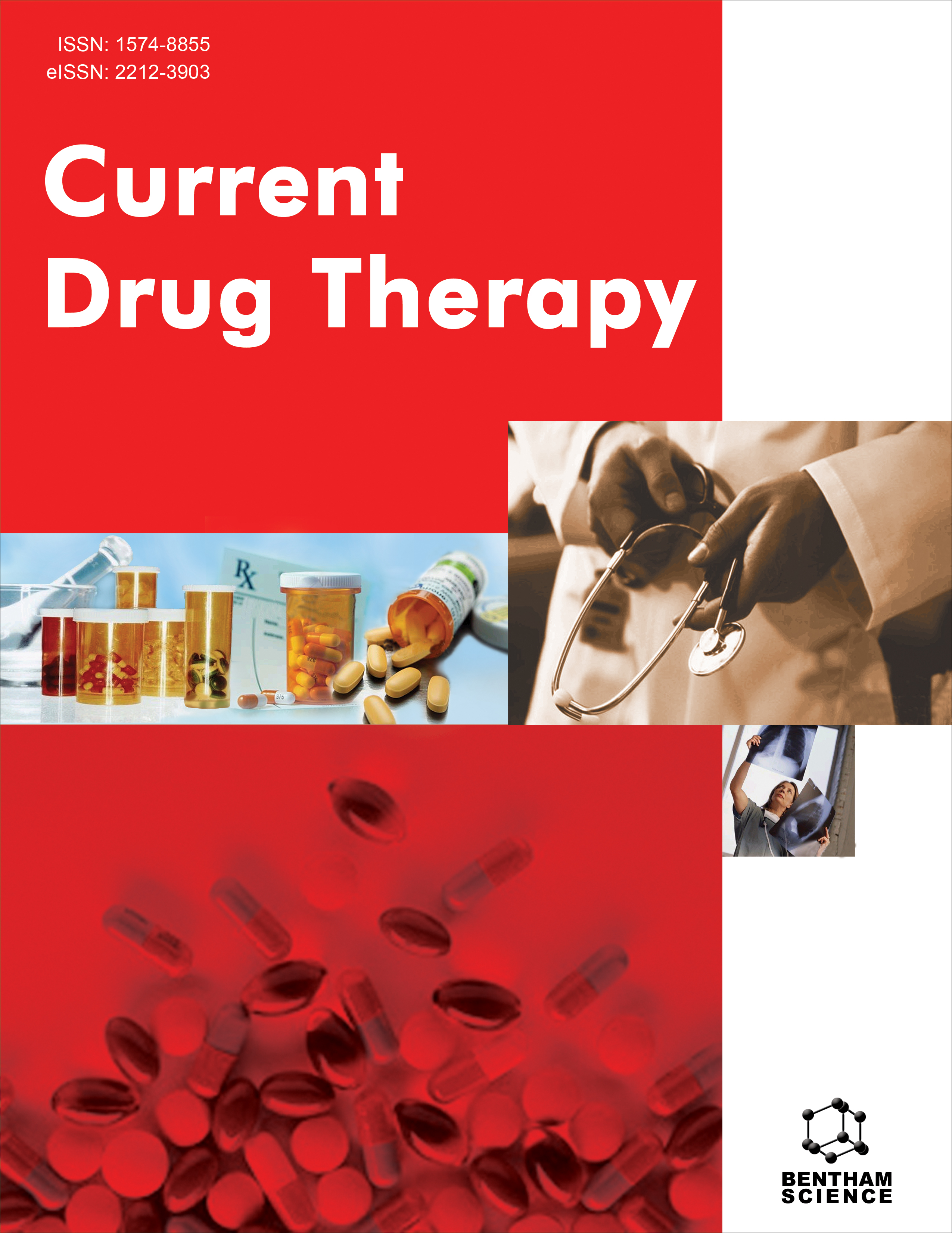-
s Anti-VEGF Treatment of Anterior Segment Disorders of the Eye
- Source: Current Drug Therapy, Volume 7, Issue 2, Jun 2012, p. 123 - 125
-
- 01 Jun 2012
Abstract
The cornea maintains avascularity by balancing angiogenic factors and anti-angiogenic agents. Stress on the cornea can disrupt this delicate equilibrium resulting in angiogenesis. Bevacizumab (Avastin®; Genentech, South San Francisco, CA) is a humanized monoclonal antibody which binds to all isoforms of vascular endothelial growth factor (VEGF)-A, thereby inhibiting angiogenesis. Recent studies have explored the role of bevacizumab in treating corneal neovascularization and ocular surface disease. Animal and human studies using both subconjunctival and topical bevacizumab reveal a reduction in corneal neovascularization. Evidence suggests that topical bevacizumab is safe and may be effective in the treatment of corneal neovascularization. Case studies suggest that bevacizumab may be useful in limiting the recurrence of corneal neovascularization when combined with corneal transplant surgery. A few reports have assessed the role of bevacizumab in pterygium surgery as well. These preliminary studies suggest that the use of subconjunctival bevacizumab may be beneficial in the treatment of pterygia but its benefit has not been defined. The role of bevacizumab in corneal and ocular surface disease continues to evolve.


